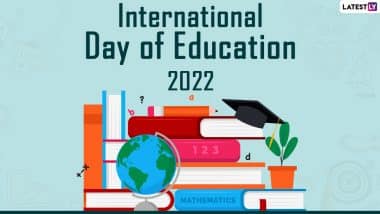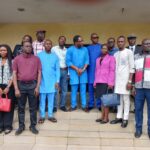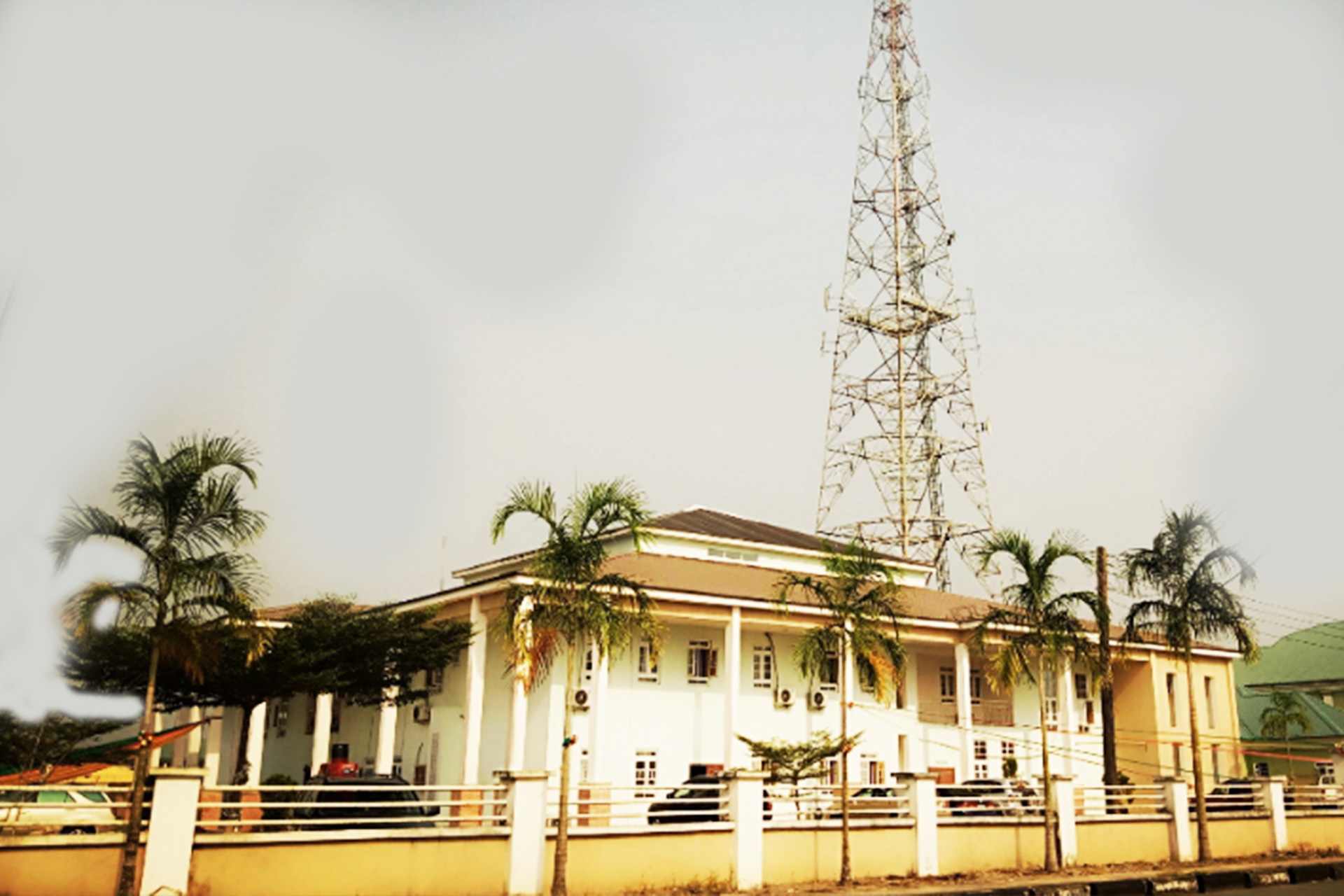Nelson Mandela, the former president of South Africa notes that education is the most powerful weapon one can use to change the world. His assertion is based on the premise that quality and effective education are notable answers in building a progressive society.
Education as a means of knowing entails the learning and acquiring of knowledge and skills; formally or informally, in order to produce corresponding results in improving the economy, living standards of individuals and society as a whole. Thus, this year’s theme “Changing Courses, Transforming Education,” brings to the fore the need to create more awareness on the importance of education in nation building, as well as identify some problems bothering institutions of learning in Nigeria.
The United Nations Education Scientific and Cultural Organisation (UNESCO) recently reports that about “10.5 million children of Nigeria are not enrolled in school. The net attendance rate of students who are attending school is merely 53%. One challenge is that students when they are out of school, they hardly get back to the education system again.” In view of this, UNICEF, is helping the Nigerian government through its education programmes to achieve the “Sustainable Development Goal 4 that addresses quality education… better access to education… a safe learning environment, and focus on empowering the students with the necessary skills and knowledge that can be used for lifelong learning.” It is pertinent for parents, government and education stakeholders to ensure all children obtain quality education, irrespective of age, creed, status or locality.
While education is a remarkable change factor in human development; from the cradle of a child’s learning from its parents and environs, to the classrooms, it is important to impart the right knowledge, skills, values, morals, beliefs, and habits to encourage self and national growth. However, the challenges of poor funding, unqualified teachers, examination misconduct, inadequate learning facilities, like computers, projectors, libraries, to bulling by teachers and students alike, has been a bane on education and a matter of concern for so many.
These challenges defeat the original goal of the United Nations General Assembly in adopting 24 January annually, since 2018 as International Education Day, to celebrate the role of education in “bringing global peace and sustainable development.”
In addition, the recent reports of vices in schools, kidnapping and death of some students, trigger fear in the minds of parents and the public who hitherto entrust the fate of their children and wards in the hands of teachers. For instance, the death of five-year-old Hanifa Abubakar, who was kidnapped and gruesomely murdered by her tutors, the death of Sylvester Oromoni, who was bullied by his school mates and other gory tales bedeviling the education sector, calls for deliberate actions to revive the institutions of learning.
The theme “Changing Courses, Transforming Education,” is a clarion call for individuals, teachers and governments to encourage and promote good/healthy environment for learning. It is very important for the Ministry of Education (State/Federal) and other education stakeholders to organise regular workshops to train and retrain teachers and minders, to promote professionalism. There is the urgent need to remind teachers and minders of their important roles in imparting knowledge positively, nurturing future leaders and improving lives and not the other way round.
Regular inspection of students, school facilities and environs by the relevant authorities should be of priority, to ensure proper learning conditions and safety.
While it is germane for parents to be prayerful and vigilant about the wellbeing of their wards, it is also necessary to educate them on the need to speak up if being molested or bullied by their peers, teachers or anyone, as this could go a long way to prevent future harm.
Teachers’ salaries and welfare packages should be given priority attention, to motivator quality services. Likewise, it is no longer news that developed countries like the United Kingdom, the United States, Israel, etc have structured their educational curricula to include advanced technological courses in internet technologies, robotics, energy, environmental and health-related programmes to meet the current needs and challenges of humanity. consequently, outdated curricula or courses should be phased out and new ones tailored towards 21st century job vacancies upon graduation should be introduced. Vocational trainings geared towards self-employment should be encouraged.
Comparably, to create an enabling environment for education to thrive in Bayelsa State, the Douye Diri led administration has overhauled several schools that were dilapidated, while some were demolished and reconstructed. More schools are being built in rural areas, to ensure that every child has a right to education.
In line with the technological advancement in the world, the Bayelsa State Ministry of Education, has trained a number of teachers in Information Communication Technology (ICT), just as technical colleges are being built across the eight Local Government Areas in the State, to encourage vocational studies.
In addition, the recently launched Diri Digital Entrepreneurship Empowerment Programme (DDEEP) aimed at training 8000 youths, women and public servant in ICT within four years, is a commendable scheme to encourage skill acquisition, entrepreneurship for the growth of self and society.
Thus, in celebrating International Day of Education, all hands should be on deck to protect and promote healthy learning environment for the good of all.
Beatrice Okotobei
Bayelsa State Min. of Information, Orientation and Strategy.









